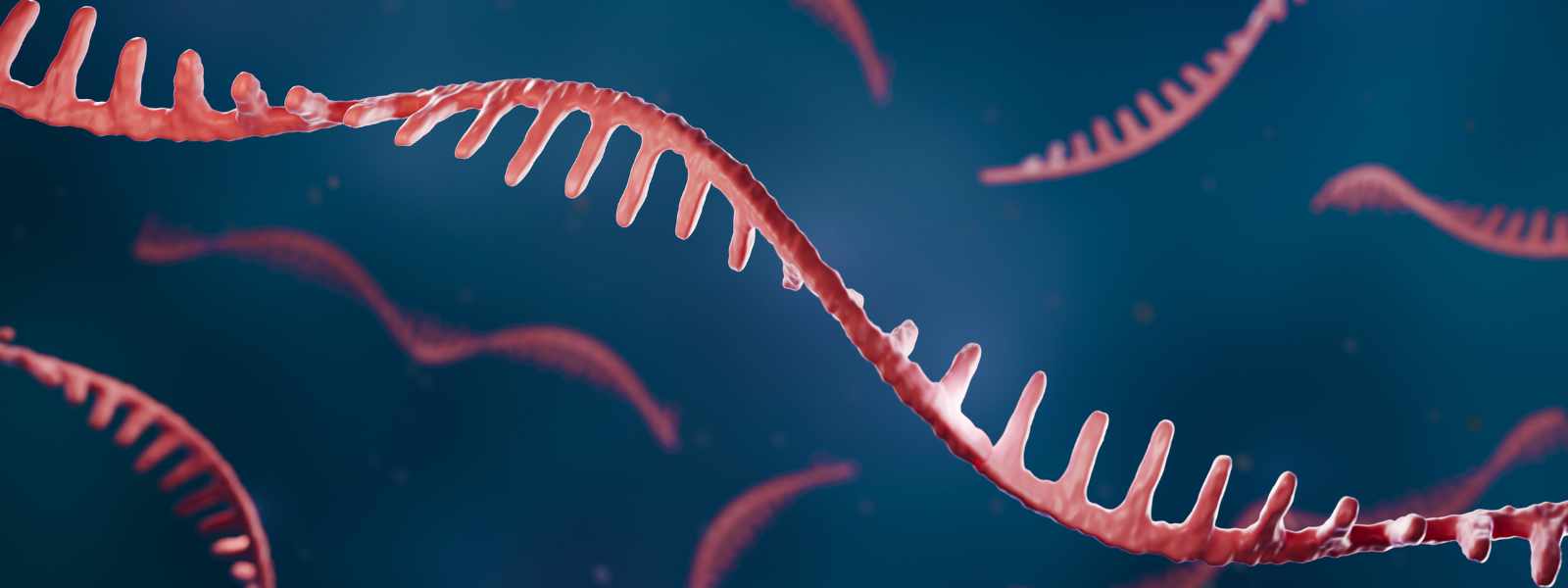
‘Supply and demand’ constraints limit the body’s ability to produce the various proteins needed for critical life functions, according to a new study.
Genes are responsible for producing all of the proteins the body needs – from hormones like insulin and enzymes for digesting food to antibodies to fight infection.
They do this by producing messenger ribonucleic acid (mRNA), from building blocks called nucleotides, which then carries the gene information to where the cells make proteins.
Traditionally, genes are thought to independently control how much mRNA they produce but new research from the University of Strathclyde has found a new controlling factor – a lack of availability of the nucleotide building blocks.
Productivity and price
Dr Benjamin Pickard, Senior Lecturer in Strathclyde Institute of Pharmacy and Biomedical Sciences and the study’s author, said: “Genes can attempt to create their messenger RNAs, but sometimes the supply of building blocks is limiting and fewer are made. To make matters worse, some messenger RNAs are very demanding in the building blocks they need.
Together, this creates a ‘supply and demand’ problem, very similar to the problems sometimes faced by industry that impact productivity and price. You can think of it as a biological version of the economy inside every cell.
Dr Pickard found that the availability of nucleotides – specifically ones with symbols G, A, C and U – can be affected by various disorders and diseases, as well as some therapeutic drugs.
The research, published in the journal PLOS One, found that this ‘global’ effect is very different from the previously understood individual role of genes and may explain why this effect has not been previously detected.
Dr Pickard added: “The really exciting part of this new mechanism of cellular supply and demand is that it appears to fail in several important disorders including schizophrenia, Alzheimer’s disease, and rheumatoid arthritis. It’s also affected by HIV, Hepatitis C, and Epstein Barr virus infection. Amazingly, it is also upset by treatment with almost a fifth of all drugs and chemicals so far tested.”
Therapeutic approach
The discovery may offer new insights into how medications act. For example, a number of commonly prescribed antibiotics seem to disrupt messenger RNA production. It raises the question as to whether this is a part of their antimicrobial action, or whether it is increasing the risk of side-effects for patients.
Dr Pickard suggests future research could investigate whether restoring nucleotide supply might offer a novel therapeutic approach to tackling the effects caused by diseases and viral infections.
The study also found the reduction in availability of mRNA is not just linked with harmful biology. Supply and demand effects on messenger RNAs are seen to wax and wane throughout the biological day and may be part of the ‘circadian rhythm’ body clock.
The most ‘demanding’ messenger RNAs are often involved in controlling metabolism and hunger, suggesting they may have evolved to be most sensitive to the effects of this mechanism.
Dr Pickard said: “I think this biological mechanism appeared early in animal evolution to sense the food energy we have from our diet and match it with the metabolic energy we spend. Balancing the books in this way is vital for survival. Pushing the economy analogy further, it’s a bit like changing interest rates to control inflation.”
In October of last year, Dr Pickard and his student, Reece Thompson, published a separate paper looking at the creation of proteins from their amino acid building blocks.
Dr Pickard said: “The mechanism doesn’t just apply to messenger RNAs. Our previous research paper showed that limiting the supply of amino acids has an entirely equivalent effect on the efficiency of making proteins. Cellular economics is new idea, but it seems to be a widely applicable way to think about our biology in health and disease.”